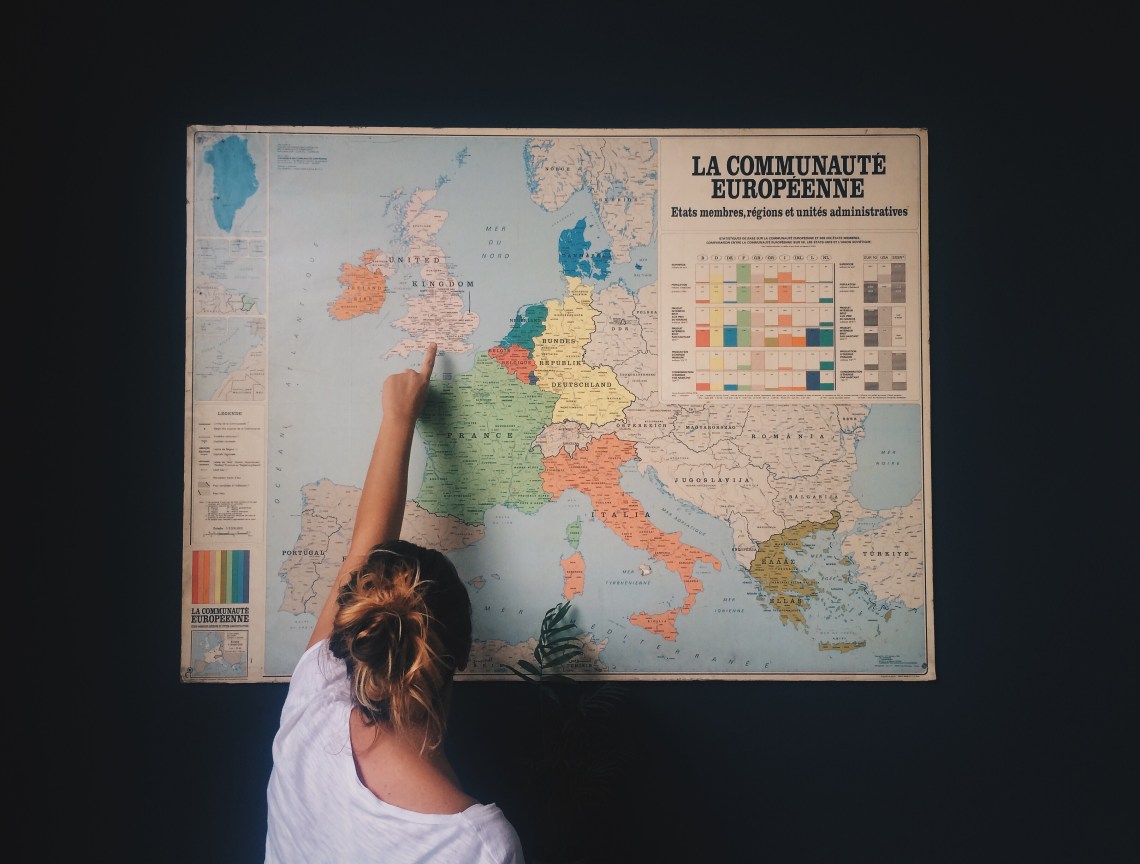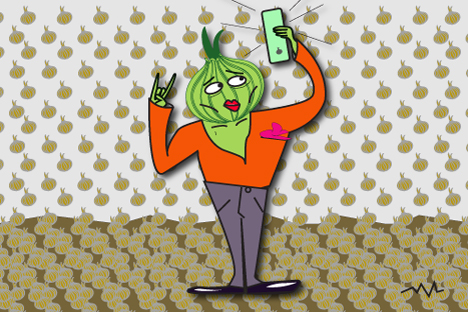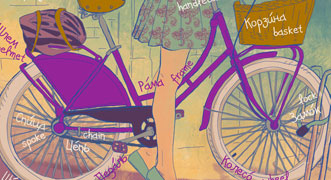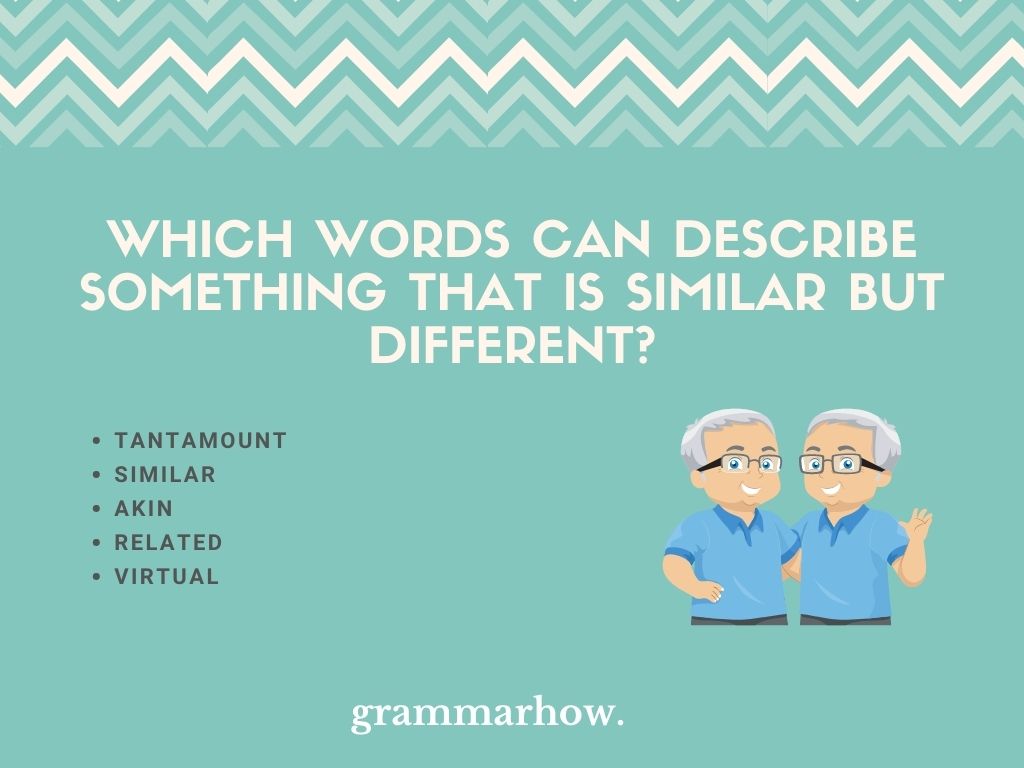Every language has words that look and sound the same but mean different things. Russian is no exception: many Russian words have two or even more different meanings.
Click to enlarge the image. Drawing by Niyaz Karim
The most frequently cited examples of homonyms in the
Russian language are the words kosa (коса) and klyuch (ключ)
The word kosa means a braid and also, in another
meaning, a scythe. Hence the comic play on words in the expression devushka
s kosoi (девушка с косой), which can mean both a young woman with braided
hair and the Grim Reaper. In addition, kosa also means a spit of land
sticking out into the sea.
Klyuch means a key that you
use to open and close the door but also a key to a cipher (klyuch ot shifra,
ключ от шифра), a clue, and a clef (e.g. a skripichny klyuch (скрипичный
ключ) is a treble clef). It also forms part of the Russian word for a spanner, gayechny klyuch (гаечный
ключ).
The adjective klyuchevoi (ключевой) is used in the same sense as
the English ‘key’ in key element, key player, key moment, etc. In a separate
meaning, a klyuch is also a spring, a source of clean, fresh, cool
water.
The word mat (мат) has three completely different
meanings. First, it is the chess term checkmate. Second, a mat, especially a
gym mat (gimnastichesky mat, гимнастический мат). Third, and most commonly
these days, it is foul language, swear words.
Under a new Russian law that came into effect on July 1, the
use of foul language is banned on television, in films, books, in the media, as
well as in the theater and other public performances. The boundaries of what
constitutes foul language are quite blurred (some words are considered more
acceptable than others).
The debate of what should fall under «the
banned» foul language has been going on for a long time. At present,
experts have concluded that the ban should cover four basic roots (rude names
for male and female genitals, sexual intercourse and a prostitute) and all of
their derivatives.
The word klass (класс) in Russian has approximately
the same wealth of meanings as «class» in English. In a school or
university, it means a classroom and a group of students who study together, as
well as the entire cohort of students in a particular grade.
In another sense,
it means a level of quality, as in first-class, second-class, third-class. In
yet another meaning, a class is a division of people in society according to
their social status, e.g. working class, middle class.
The word post (пост) has until recently been used in
two senses: the place where a soldier, guard or other person has been told to
remain (as in guard post, storozhevoi post (сторожевой пост), which
later evolved into meaning a position in a company or organization, usually one
that involves responsibility.
The other meaning of the word is religious: a
fast (the derivative verb is postitsya (поститься). In recent years, the
word post has developed a new meaning that is to do with the advent of
blogs and social network sites. It has even created a new verb, zapostit
(запостить), meaning to post something on the internet.
Another word that has acquired an additional meaning as a
result of borrowing from English is luk (лук). Traditionally, luk
had two distinct meanings in Russian: an onion and a bow (as in a bow and arrows).
Recently, in youth slang it has begun to be used in the sense of a person’s
looks.
The word val (вал) has even more meanings. It can
mean an earthen wall, hence the names of some old streets in Moscow, e.g. Zemlyanoi
Val (Земляной вал) or Koroviy Val (Коровий вал). At sea, a val is a big
wave (e.g. a famous painting by great Russian seascape artist Ivan Aivazovsky
is called Devyatiy Val (“Девятый вал»).
It also means a shaft, as
in a drive shaft. Finally, in economics, it means the gross output of a
company, an industry or a country as whole.
Read more: The 10 most well-known Russian words>>>
All rights reserved by Rossiyskaya Gazeta.
Get the week’s best stories straight to your inbox
Many English words have multiple meanings. This means that the same word, with the same spelling and pronunciation may have more than one meaning. Sometimes the meanings may be very different. This can be confusing for people learning English. You may wonder,” How do I know what the meaning is?” The best way is rely on context, illustrations, or diagrams in the text. However, if you still are not sure of the meaning, look it up. A dictionary will tell you all the meanings of any word. This posting cannot discuss every word with multiple meanings. There are simply too many of them. In this posting, however, I talk about 25 common words with multiple meanings. These are word you may see and hear in your daily life. I show you parts of speech, definitions, and example sentences for each meaning of each word.The download at the end will give you additional practice understanding words with multiple meanings.
Here is the free English video lesson I taught on YouTube:
Subscribe to our YouTube Channel to see all of our lessons and get the latest videos right away!
You can download the practice sheet NOW!
Below is a list of common words with multiple meanings.
B
- bank
2. bark
3. bill
4. break
5. bug
C
6. charge
7. company
8. current
D-H
9. date
10. fair
11. fast
12. fly
13. hit
J-N
14. jam
15. left
16. mine
17. nail
P-R
18. patient
19. pool
20. pupil
21. run
S-T
22. season
23. set
24. take
25. turn
You now know many common English words with multiple meanings. Often you can guess the meaning of the word through context. If that is not helpful, however, don’t hesitate to look the word up. The download will give you additional practice understanding words with multiple meanings.
You can download the practice sheet NOW!
Idioms of the day
- no picnic–This means something is difficult and not pleasant. I’m glad I moved, but making all the preparations was no picnic.
- turn a blind eye to–This means to not notice a very obvious problem. Her husband comes home drunk every night, but she turns a blind eye to his problems. She insists that he’s not an alcoholic.

Learning about how different words function in different languages has always genuinely excited me. For example, my name – Maya – means “water” in a few languages, but means allusion in another language. Though this list probably won’t make you bilingual and you won’t walk away from it with enough linguistic knowledge to carry on a conversation in a non-English speaking country, it will satisfy you with interesting and potentially useless information. And, on the plus side, it will at least ensure you don’t accidentally call someone something very unsavory in another language.
Someone recently posed the question on Reddit, “Do you know any words which are the same in at least 2 languages, but has completely different meanings in each?” The Ask Reddit community came up with tons of answers, some of which revolve around what English words mean “dick” or “asshole” in another language. Here are 25 words that are the same in multiple languages, but have different meanings:
1.
“‘Gift’
English: a present
German: poison
Norwegian: married
same spelling, different pronunciation.” – picnic_on_the_river
2.
“‘Slut’ is Swedish for ‘the end’” – HamBus
3.
“Banal means ‘boring’ in English, ‘holy’ in Filipino.” – danyexmachina
4.
“Thongs in English means scanty female underwear.
Thongs in Australian means footwear (flip-flops).” – Obnubilate
5.
“‘Kwiecień” means ‘April’ in Polish.
‘Květen’ means “May” in Czech.
People from both countries miss A LOT of meetings because if it.” – filiard
6.
“‘It’s been years since I studied Spanish but I know gato(sp?) means cat but in French, gateux (pronounced almost exactly the same) means cake.’” – SensualHandSoap
7.
“I know that in European french gosse means kid, but in Canadian French it means testicle. I imagine that it could cause some confusion. e.g. ‘I have 3 gosses’” – B_Hallzy
8.
“Si, no in Swahili, yes in Spanish” – icsquirrel
9.
“Cook means dick in Norwegian, and vise versa” – HitMeSenpai
10.
“‘no’ means yes in Czech (shortened from ‘ano’ but you hear it all the time).” – Wickedmoose
11.
“Ano in Spanish is anus” – Seychel
12.
“Ano in Portuguese is year” – je316
13.
“Taco in Japanese means octopus. Key (気) means spirit/atmosphere/flavor No is a particle roughly meaning “belongs to” or “of.” Bun (文) means letter, sentence. Go ( 五) is five and man (万) is ten thousand. Pan is bread. Show (書) is handwriting. Eye (愛) is love.
There’s probably a bunch more, that’s just off the top of my head.” – akisawana
14.
“Zip in English is what holds pants together. In Arabic, Zip (pronounced Zib) means penis.” – CaptainShawerma
15.
“DOG IN HEBREW MEANS FISH
DOG IN ENGLISH MEANS CANINE
DOG IN HUMAN MEANS PAL” – ___NOT_A_BOT___
16.
“In Arabic, ‘La’ means ‘No.’ In English, ‘La’ is a note to follow ‘So’ – Be_oh_are_ee_dee
17.
“British/American isms
JELLY UK = Jello or gummy candy
US = Jam/preserves
BOOT UK = back storage of a car or something you wear
US = something you wear
PISSED UK = drunk AF / Angry
US = Angry
LASH / ON THE LASH UK= to party/ to whip
US = to whip
KNOB UK = penis / thing you pull on to open things
US = things you pull on to open things
CHIPS UK = fries
US = crisps / crunchy thin potatoes
BISCUIT UK = cookie/sweet
US = savory dinner bread roll
FOOTBALL UK = soccer / with one’s feet
US = American football – with one’s hands” – Omghimom
18.
“In Russian, Мало (pronounced Malo) means few. In Latin or Spanish, malo means bad.” – aintsuperstitious
19.
“Air in English means the thing we breathe. Air in Malay means water.” – vibinium
20.
“Entrée, which comes from French, means main course in American English. In French, it means appetizer.” – Habtra
21.
“‘And’ in Danish means duck” – 3dogs1bone
22.
“‘Mama (мама)’ in Russian means mother
‘Mama (მამა)’ in Georgian means father” – chilipepe
23.
“Kiss is the Swedish word for pee” – TinyDucklingBigWorld
24.
“‘Confident’ in english means feeling or showing certainty about something
‘konfident’ in polish is a snitch, an informer
So don’t tell a polish person that they’re confident if their English sucks!” – Linoorr
25.
“In Serbian ‘drug’ means ‘friend’”- Remember_the_time_
When you’re looking for a word to describe something that is similar but different, you might not be too sure of the right one to use. This article will look into the best synonyms for such a case, so you’ll have an easier time figuring them out in the future.
Which Words Can Describe Something That Is Similar But Different?
There are some good words to describe something similar but not the same. Some of the best include:
- Tantamount
- Similar
- Akin
- Related
- Virtual
The preferred version is “tantamount” because it offers the closest meaning to what we’re looking for with the description. When you want to talk about something that is not quite the same thing but similar enough, “tantamount” is usually the answer.
Tantamount
Let’s start with “tantamount,” which is by far the best choice on this list for talking about two or more things that are almost identical but differ in certain ways.
“Tantamount” is the word we use when we want to talk about two things being almost identical. However, there is a crucial difference between the things, which notably comes down to a negative quality.
The definition of “tantamount,” according to The Cambridge Dictionary, is “being almost the same or having the same effect as something, usually something bad.”
“Tantamount” is ideal when talking about things that don’t quite work in the same way, even if that was their intention. Sometimes, people won’t realize that something they’ve done or created is tantamount to another thing, and it’ll take another pair of eyes to point this out.
We typically use the preposition “to” after “tantamount,” which shows that two or more things are similar to each other. “Tantamount to” is the most common grammatical structure that you’ll come across.
“Tantamount” works best in negative situations, and you can see that in the following ways:
- Your obedience is tantamount to us finding where you hid your treasures all those years ago.
- This idea is tantamount to bringing forth the destruction of everything that I’ve worked for.
- Your idiocy is tantamount to what happened in those darker times of history. The times that everyone wished they could forget.
- This error is tantamount to everything that we pushed aside to pave the way for the new world.
While sometimes describing a phrase with itself isn’t ideal, in this case, “similar” is a great word to use. Similar things are, by nature, different in some way to their partners, which is why it belongs on this list.
“Similar” means that two things are not quite the same, and there is usually a subtle difference. That subtle difference is notable, and it’s not something that you can miss, even if most people choose to overlook it.
The definition of “similar,” according to The Cambridge Dictionary, is “looking or being almost, but not exactly, the same.”
When we’re talking about things that are similar or have similarities, we often try to look at how close they are to each other. We don’t want to focus too much on what makes them different because that isn’t the same.
Instead, it helps to look at what brings them together. It allows us to use “similar” in a more positive sense than “tantamount,” which is ideal when the context of the sentence calls for something a little less harsh.
“Similar” is a great choice, especially when thinking about situations that aren’t strictly negative in some way. These examples demonstrate its usage:
- Our theories are far too similar. You have to change yours before there’s too vast of a conflict in our findings.
- These ideas are similar in theory, but they’re completely opposite to each other in practice.
- We’ve come up with something similar to what’s already in motion. All this will do is streamline our processes.
- You think these two things are similar, but I don’t see any similarities that are worth noting!
Akin
“Akin” is a great word that’s similar to what we’re looking for here. It’s not as common anymore, but it’s still used when it counts.
We can use “akin” in the same way as “similar.” It means that two or more things have much of the same qualities, even if they’re not completely identical. We use “akin” to compare two things, especially to do with ideas or thoughts about certain qualities in life.
The definition of “akin,” according to The Cambridge Dictionary, is “having some of the same qualities.”
When talking about different but similar things, “akin” is up there with some of the best choices. The only reason we didn’t place it higher is that it’s an old-fashioned word that rarely sees common usage today.
In fact, most native speakers try to avoid it for the easier “similar” variation.
More people have heard words like “similar” (or even tantamount), and “akin” seems like something that a Shakespearian scholar might come up with in their prose. Of course, this isn’t the case, and you’re more than welcome to use it whenever you feel the need to.
We might see “akin” work as follows:
- The language they speak is akin to something you might hear from a Tolkien novel.
- Our ideas are akin, which makes it all the more difficult to shut yours down!
- His thought processes are akin to the way I like to view the world, and I think that’s why we’re so perfect for each other.
- Your mannerisms are akin to something out of The Jungle Book. I don’t know which character best describes you, though.
Related
“Related” struggles to keep up with some of the other choices, but you can still find a wide variety of uses for it when looking for things that are similar yet different.
We can use “related” in a specific way when two things are connected or influenced by each other. It doesn’t have to rely on a familial relationship, and we can instead talk about two or more things that work in a very similar fashion to each other.
The definition of “related,” according to The Cambridge Dictionary, is “connected to, influenced by, or caused by something.”
While it might not be the best synonym for this situation, it still has plenty of uses that mean the same thing as what we’re looking for.
“Related” refers to a connection between a group of things. That means that those things influence each other in some way, whether that was the original intention of them or not.
When things are “related” in this manner, we can talk about how close they are in qualities. We can also look at what makes them different in certain ways and pick up on those traits to help people work out why we’re only dealing with “similar” things and not “identical” things.
“Related” might work as follows:
- These ideas are too closely related to each other. You’ve got to come up with something different.
- This is related to the things that you spoke about yesterday, and I think I know what you’re about to say.
- We are all related in the way we think and share our ideas.
- It’s easier to find something that relates to your method of thinking, which sets us up for better discussions in the future.
Virtual
“Virtual” is the last word we’ll go through. It’s great to use when trying to think of something almost identical to another thing but has something stopping it from being completely the same.
“Virtual” is a word that seems to be more popular in modern days, especially with the global rise of virtual reality. It means that something is almost identical to the thing it’s recreating, but there are certain obvious tells that show us otherwise.
The definition of “virtual,” according to The Cambridge Dictionary, is “almost a particular thing or quality.”
Since most “virtual” things are computerized or have some kind of programming requirement, it’s obvious what the difference will be.
For example, if we talk about the real world and the “virtual world,” we refer to the world we live in and a world that is made up of computers. While the concept is the same, the “virtual” world isn’t quite the same as the real world, as we won’t be able to live in it.
We can also use “virtual” as an adjective or adverb to describe something. When used in this way, it means that something is “almost” like the thing we’re describing, even though there are distinct differences.
- Virtually hidden (almost hidden)
- Virtually running (almost running)
In this way, “virtual” still means that something is similar but not quite the same, which is what we’re looking for from the words in this article.
You might see “virtual” in the following ways:
- This is only a virtual experience, but it comes close to being like the real thing.
- I’m virtually exploring the world around me with nothing but a computer console to do it.
- The virtual world that you’ve created has much of the same conflicting issues as we experience today.
- This is virtually identical to what we’ve seen already, which I find to be a waste!
You may also like:
12 Better Ways To Say “In Other Words”
11 Words That Mean “To Make Similar”
Martin holds a Master’s degree in Finance and International Business. He has six years of experience in professional communication with clients, executives, and colleagues. Furthermore, he has teaching experience from Aarhus University. Martin has been featured as an expert in communication and teaching on Forbes and Shopify. Read more about Martin here.
7284 результатов для ‘same different’
Same & Different
Викторина «Игровое шоу»
от Ashumovskaya
Same — different
Случайные карты
от Albiononline
same/different
Сопоставить
от Piu291283
Same & Different
Викторина «Игровое шоу»
от Iartemenkova
Unit 7.8 — the same / different
Викторина
от Olgaarebrova
AS2
Modals. Same or different?
Правда или ложь
от Vfirtych
English
the Same or Different?
Групповая сортировка
от Lilytheteacher
same or different
Случайное колесо
от Dsagieva87
Same planet, different worlds
Ударь крота
от Sh3m10
Same or Different?
Случайные карты
от Iartemenkova
The same, but different
Правда или ложь
от Aandreevna
Same or different?
Откройте поле
от Gilea777
Same ir Different Vocabulary
Пропущенное слово
от Wordwallstudent
Intermediate
English
Speakout
Revision Same/Different?
Откройте поле
от Iartemenkova
Same but different
Пропущенное слово
от Aosnitskaya
Same or Different?
Откройте поле
от Maryys
Same or different
Пропущенное слово
от Potapoevgeniya
Same or different?
Флэш-карты
от Hop
Same or Different?
Случайные карты
от Ashumovskaya
Same or different
Найди пару
от Potapoevgeniya
Same or Different? (work)
Викторина
от Hop
Same or different Vocabulary
Пропущенное слово
от Wordwallstudent
Intermediate
English
Speakout
Same planet, different worlds
Викторина
от Sh3m10
Same word different meaning
Откройте поле
от Chayka17
Revision Same/Different?
Откройте поле
от Ashumovskaya
The same or different?
Викторина «Игровое шоу»
от Englishlab
9-13
English
Wider World 2
Behavior (adjectives) Same or Different?
Флэш-карты
от Hop
KB3 Unit 2 Same or Different?
Случайные карты
от Vichkaza
D1 — U3 — HW Same or Different
Правда или ложь
от Konnektkid
C4A U5 A-D different same
Сопоставить
от Scale08
English
Aston
The same word with different meanings
Групповая сортировка
от Kristinavelikot
Kindy 2 unit 7 same or different
Совпадающие пары
от Yakovlevatv
different words for the same meaning
Сопоставить
от Kristinavelikot
KB3 Unit 6 Same or Different?
Случайное колесо
от Vichkaza
Same/ different, party time, prepare 1
Случайные карты
от Langberry1
Prepare 1 Unit 3
C4A U5 A-D different same
Викторина «Игровое шоу»
от Scale08
English
Aston
EGE Orlova sport same or different
Случайные карты
от Karolinka1
Are you the same or different?
Случайные карты
от Tatiana364
Own it (2) 5.1 Furniture: same / different
Случайные карты
от Langberry1
Own it 2
IELTS Speaking Part 1 (the same or different?)
Случайные карты
от Zincalloy
Gateway 2nd Ed A1+ – The Same but Different
Перевернуть плитки
от Artemyalunin
How do you think these cities are same or different?
Случайные карты
от Hop
Nationality pronunciation: the same stress or different stress?
Правда или ложь
от Sh3m10
Gateway 2nd Ed A1+ – The Same but Different
Сопоставить
от Artemyalunin
Are these pairs of sentences more or less the same OR different?
Викторина
от Etipografova
Outcomes
Is the meaning in a and b the same or diff erent? Write S (same) or D (different).
Викторина
от Prxrva
Adults
English
empower
A2 Compare (as well, as well as, the same, different, also, too)
Привести в порядок
от Mashaf
6 класс
7-й класс
Do these pairs of sentences have the same or different meaning?
Групповая сортировка
от Annalele
Same & Different
Викторина
от Wordwallgrupo3
Same & Different
Викторина «Игровое шоу»
от Fidolelt
Spotlight 3 Plurals different
Викторина
от Peperinka
3 класс
English
Plurals
Spotlight 3
different
Сопоставить
от Yekaterina1
5-й класс
matching pairs different
Совпадающие пары
от Daywillcome30
different
Сопоставить
от Lpisarenko98
different
Найди пару
от Juliazi
Same or Different?
Групповая сортировка
от U50315661
Different shops
Сопоставить
от Anastacey
adults
English
Places
SpeakOut Elem
the same
Сопоставить
от Eszavodchikova
the same
Сопоставить
от Eszavodchikova
the same
Сопоставить
от Eszavodchikova





